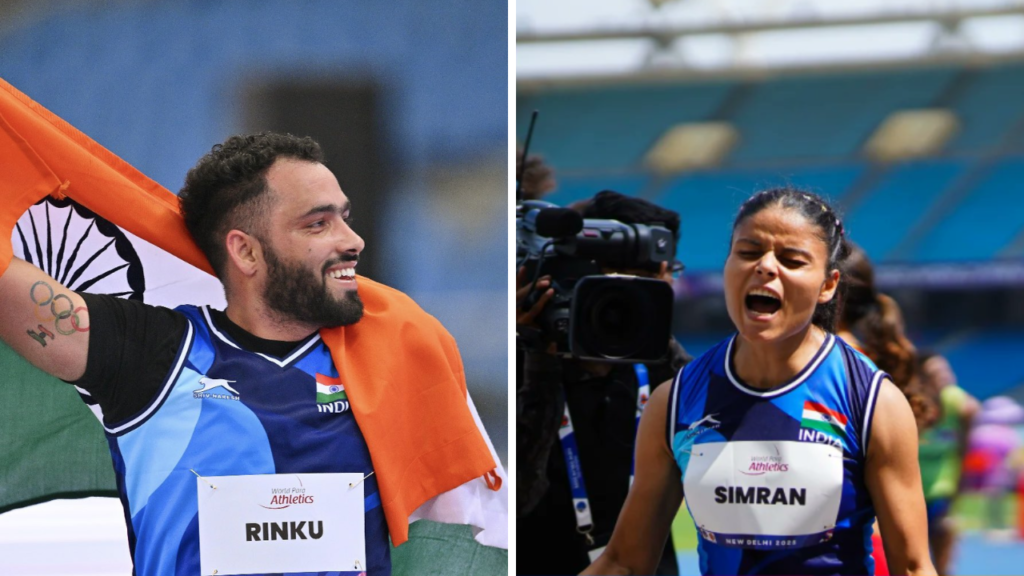
There are moments when a nation’s progress is best captured not by the roar of its victories, but by the silence that follows them. The Indian Oil New Delhi 2025 World Para Athletics Championships should have been one such moment – a landmark event that showcased India’s ability to host, organise, and perform on the global sporting stage. From September 27 to October 5, New Delhi welcomed over a hundred nations, nearly 1,600 athletes, and the world’s best para-athletes. India didn’t just play host; it made history, winning 22 medals – 6 gold, 9 silver, and 7 bronze; its best-ever tally in the history of para athletics.
And yet, what made global headlines? Not the medals. Not the spirit. Not the triumph of human resilience, but the stray-dog attacks that left, among others, a Japanese coach and a Kenyan official injured.
The incident was unfortunate and embarrassing. No nation wants visiting delegates to experience something like that. It reflected real issues in civic infrastructure and urban management that cannot be brushed aside. But what followed was an all-too-familiar pattern: outrage drowned out perspective.
What Is the Right Way to Think About This? The mature response to such an event is neither denial nor despair; it is proportional accountability. Yes, it is unacceptable that basic safety for guests was compromised. But it is equally unacceptable to erase the monumental effort that went into staging one of the most logistically demanding para sporting events in the world.
Every global host from Paris to Rio to Tokyo has had its share of controversies, from transport strikes to food shortages to security lapses. The difference lies in how those nations frame the narrative. They investigate, fix and move on, but never allow a mishap to eclipse the achievements of their athletes or organisers. That’s the mindset India must adopt.
While global feeds amplified the dog-bite story, India’s para-athletes continued to rewrite history quietly. Sumit Antil’s gold in javelin, Ekta Bhyan’s medal-winning consistency, and a string of personal bests across categories represented a decade of hard work, resilience, and pride. These were not just medals; they were symbols of inclusion and inspiration.
In a nation that is still learning to celebrate its differently abled heroes, these championships were a turning point. It showed what happens when talent meets opportunity and when the system supports that talent with proper facilities, coaching, and international exposure.
For more sports stories, follow RevSportz
There is a fine line between introspection and self-sabotage. When civic lapses dominate the narrative and athletic triumphs get buried, we send a signal – that we, as a nation, are still uncomfortable with celebrating ourselves.
The 2025 Championships should be remembered not for what went wrong, but for what went right – India’s emergence as a capable global sporting host and its para-athletes’ best-ever performance. The incidents involving the Japanese and Kenyan coaches must be studied and prevented in the future, but must not define our self-image.
When a dog bite overshadows two dozen medals, the issue isn’t just civic negligence; it’s narrative imbalance. For India to truly grow into a global sporting power, it must learn to hold itself accountable without losing pride in progress. Because sometimes, the most patriotic thing we can do is to recognise not just what went wrong, but also what went magnificently right.
Also Read: Did Rohit Sharma deserve more time, or are we already in the Shubman Gill era?





